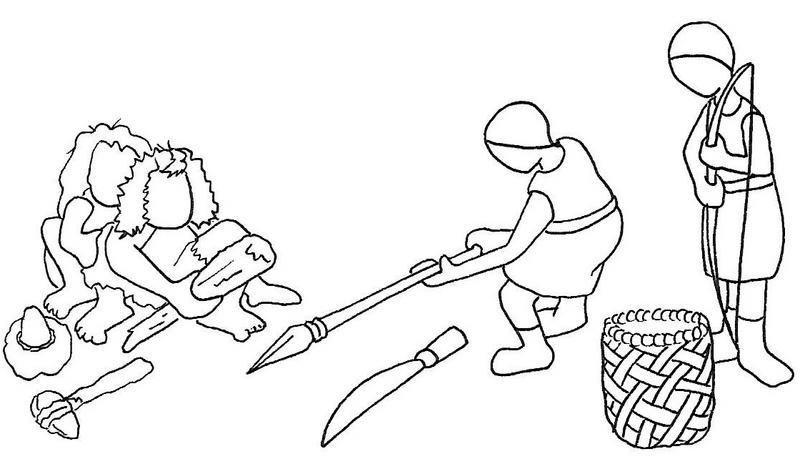Opening the hood
The story starts with Janet at a Studebaker meet… for those who don’t know what a Studebaker is, it’s an antique car, and her husband Jack, has a ’62 GT Hawk (picture below). During the meet, they took part in a run – a drive through a city usually ending some cool place – this time an excellent car museum. The museum tour ended, and they got in their car to drive back to the hotel, but the car wouldn’t start. After several attempts, Jack got out and opened the hood (bonnet) to look inside.

Several other Studebaker enthusiasts immediately gathered round. They offered helpful advice, but then got down to really troubleshooting the problem to offer constructive advice. The car ended up spending the night at the museum, but they had an action plan for the next morning.
While watching the troubleshooting experience, Janet realized that there were similarities to how we solve problems within a development team. She also noticed some differences that we could incorporate as well.
Asking and offering help - visibly
For example, opening the car hood was a very visible way of displaying “I’m in trouble, I may need help.” In our development teams, that may translate to someone expressing their need in a daily stand-up. Or perhaps putting some other visible clue up, maybe a big colored card on the team project board or a stuffed mascot on top of their monitor – teams could be quite inventive with this idea.
There is another side to this equation -- people have to offer to help. Each Studebaker member knows that it might be them stranded the next time, so helping someone in need is a way to pay it forward. They have a vested interest in making sure that the cooperation (mutual self-preservation) exists.
Think about that. In our development teams, if every team member felt that way about helping and sharing their knowledge freely, and each person receiving that help took the time to learn and appreciate, how much trust would be gained within a team?

We have seen people afraid to accept help … for many reasons. They may feel it makes them look foolish, or perhaps they feel it’s a criticism on their work. It takes a lot of work for new teams to get small working agreements (spoken or unspoken) in place to prevent that attitude, but we think it is something we need to strive for.
The next morning, Jack went to the swap meet (where they buy and sell used parts at the car show) and bought the parts he needed. In the meantime, one of the other members called to offer his tools – that showed a lot of trust. Have you freely shared your tools with your teammates? Ones that maybe you feel make you special?
Going outside your job description
Lisa had a similar experience on her epic move from Colorado to Vermont a few years ago. She and her husband rented a large motor home to transport their cats and dogs. The second day on the road, the coach battery failed. The rental company advised to go to an AutoZone auto parts store to get a replacement. AutoZone employees only sell parts – they do not work on vehicles. Yet they went to a lot of trouble to find special tools needed to remove and replace the battery. They couldn’t be paid for their labor – they have no way to charge for it! They simply wanted to help someone in need get back on the road.
If you can help someone, maybe even outside your own team, with something that you don’t even get paid to do, you can help someone overcome a huge roadblock. Have the courage to ask for help, and don’t be afraid to offer help even if it’s not your responsibility. That’s how teams keep moving along so they can provide value for their customers.
There is a Ted talk by Margaret Heffernan that talks about this type of social connectedness that we encourage you to watch. She explains how really productive teams learn to work together and have a culture of helpfulness. https://www.ted.com/talks/margaret_heffernan_forget_the_pecking_order_at_work